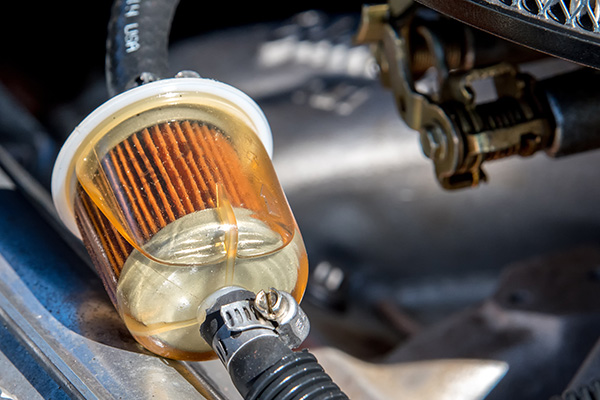
We've all had those moments where something just doesn't seem right with our cars. Maybe it's a strange noise or a sudden change in how it drives. But what if you notice a strong smell of gasoline? This could indicate a gas leak, a problem that demands immediate attention. The question is, should you drive your car to a nearby repair shop if you suspect a gas leak? Understanding the risks and safety measures associated with gas leaks is crucial for making the right decision.
The Dangers of Gas Leaks
Gas leaks are incredibly hazardous due to the highly flammable nature of gasoline. Even a small amount of gas leaking can lead to a fire or explosion if it comes into contact with a spark or a hot surface. Modern vehicles have many electrical components that can produce sparks, which means the danger is always present.
Beyond the risk of fire, gas leaks pose a significant health hazard. Inhaling gasoline fumes can cause dizziness, headaches, and nausea. Prolonged exposure can lead to more severe health issues, making it imperative to address gas leaks promptly.
Why Driving with a Gas Leak Is Risky
Driving with a gas leak isn't just a safety risk but it can also damage your vehicle further. Gasoline is corrosive and can deteriorate other car components it comes into contact with, leading to more expensive repairs. Furthermore, gas leaks can affect your car's performance, potentially causing it to stall or even break down completely.
Imagine driving to the repair shop and your car stalls on a busy highway due to a gas leak. Not only does this put you at risk, but it also endangers other drivers. The potential for a roadside fire adds another layer of danger. Therefore, driving your car, even a short distance, can be a gamble with severe consequences.
Preventing Gas Leaks
While dealing with a gas leak is stressful, prevention is always the best approach. Regular maintenance and inspections of your vehicle can help identify potential issues before they become major problems. Here are some tips for preventing gas leaks:
Regular Inspections
Have your car inspected regularly by a professional. This can help catch worn-out fuel lines, loose fittings, and other issues that could lead to leaks.
Replace Old Parts
Over time, car parts, such as fuel lines and seals, can wear out. Replacing these parts before they fail can prevent leaks.
Be Cautious with Modifications
If you enjoy customizing your car, be cautious with modifications, especially those related to the fuel system. Improper installations can increase the risk of leaks.
Understanding Gas Leak Symptoms
Knowing the symptoms of a gas leak can help you act quickly and prevent further complications. Common signs include:
- Strong Gasoline Smell: A persistent smell of gasoline is a clear indicator of a leak.
- Puddles Under the Car: Finding puddles or wet spots under your vehicle, particularly if they smell like gasoline, should be a cause for concern.
- Decreased Fuel Efficiency: If you notice a sudden drop in fuel efficiency, it could be due to a gas leak.
- Check Engine Light: While this light can signify various issues, a gas leak is one possibility, especially if accompanied by the smell of gas.
Don't take risks with a gas leak. Contact B & L Automotive for safe and reliable towing services to get your vehicle repaired without endangering yourself or others.